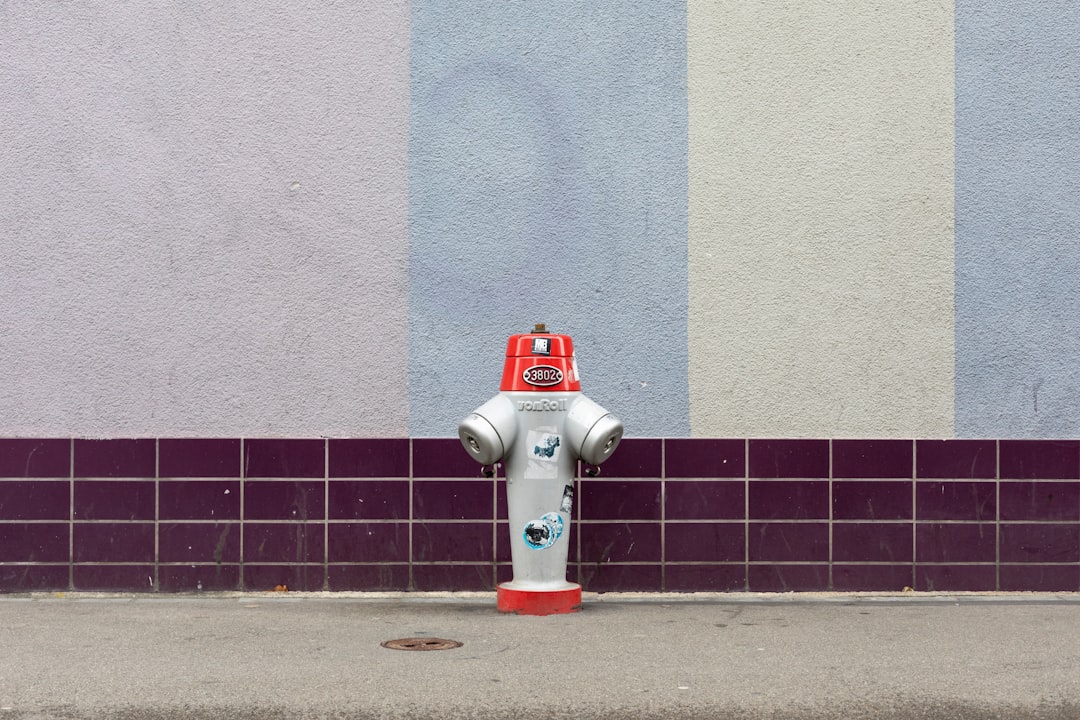In recent years, artificial intelligence has made significant strides in transforming creative fields once thought uniquely human. Among these new developments, one emerging innovation, Janitor AI, has captured the attention of writers, technologists, and digital storytellers. Originally developed to provide lifelike interactions with fictional characters, this technology is now being considered for broader applications in creative storytelling. But is Janitor AI truly the future of content creation and digital narratives?
What is Janitor AI?
Janitor AI is an AI-powered chatbot platform that allows users to interact with customizable fictional personas. It gained popularity for its dynamic character-based dialogues, designed to function within storylines that users co-create in real time. The platform supports a wide range of genres and character types, from mythological figures to futuristic robots, and offers both SFW and NSFW modes, depending on user preferences.
What sets Janitor AI apart is its ability to maintain narrative coherence over extended chats, giving the illusion of a genuinely interactive storytelling partner. This has opened new doors not just for role-playing fans, but also for aspiring writers seeking co-authorship experiences with an AI.

Advantages of Janitor AI for Storytelling
There are several reasons why Janitor AI is gaining momentum in the creative writing space:
- User-Driven Stories: Unlike traditional linear narratives, Janitor AI allows the user to influence the pace, mood, and direction of the story in real time.
- Character Depth: The software can simulate nuanced character developments by remembering user inputs and prior conversations.
- Accessibility: No prior experience in fiction writing is needed to start engaging narratives with predefined, yet customizable, characters.
- Diverse Narrative Styles: Whether you’re looking to write a dark dystopia, an epic fantasy, or a slice-of-life drama, Janitor AI can adapt its tone and style accordingly.
For hobbyists, this means an endless well of creative possibilities. For professionals, it may serve as a tool to prototype character arcs, plot progression, or even to conquer the notorious writer’s block.
Potential Drawbacks
While impressive, Janitor AI is not without its limitations. The platform is often criticized for:
- Ethical Gray Zones: Its NSFW content options have raised concerns regarding appropriate age controls and the nature of AI-generated literature.
- Limited Long-Term Memory: Although it retains context within a session, it lacks permanent memory across sessions, disrupting long novel-like narratives.
- Creative Predictability: AI’s learning models are based on existing literature, potentially causing repetition and cliché if not regularly refined.
So, while Janitor AI marks a significant leap forward, claiming it as the sole future of storytelling may be premature.
Top Alternatives to Janitor AI
For those looking to explore AI-based creative writing platforms, several compelling alternatives offer different strengths:
- Character.AI – Known for its safer, non-adult environment, this platform also features a wide range of user-created virtual characters and storytelling bots.
- NovelAI – Focuses specifically on aiding writers by providing detailed text completions and style training based on custom inputs.
- Replika – While primarily designed as a mental wellness chatbot, Replika can be used for roleplay-based storytelling and conversational practice.
- ChatGPT with Custom Instructions – Tools like OpenAI’s ChatGPT can be personalized to write in specific voices or with detailed narrative goals, making it versatile for fiction writing.

Is Janitor AI the Future?
The future of creative storytelling undoubtedly involves artificial intelligence. However, whether Janitor AI becomes the leader in this new narrative landscape will depend on its adaptability, ethical safeguards, and user interface evolution. As it stands, Janitor AI is an exciting glimpse into what is possible when human imagination is powered by machine learning.
One thing is certain: AI won’t replace human writers, but it may become their most loyal co-author. By augmenting creativity with quick iterative feedback and dynamic character-building, Janitor AI and its alternatives could become foundational tools in the next chapter of literary innovation.